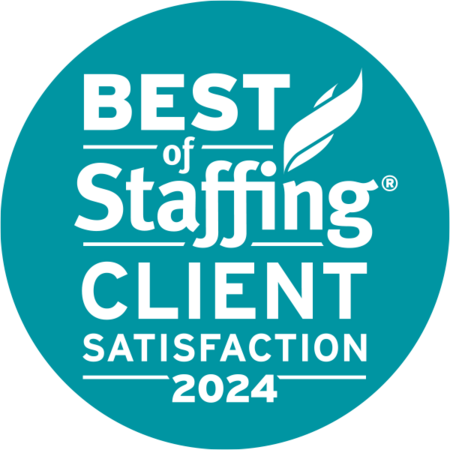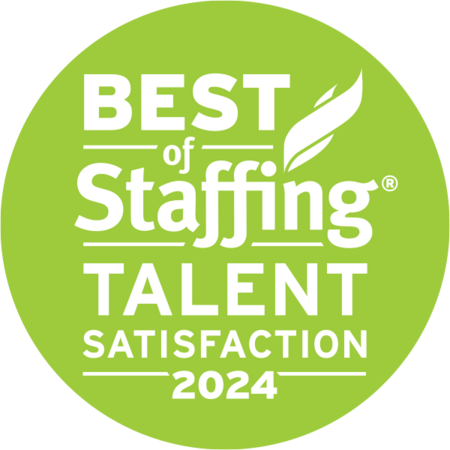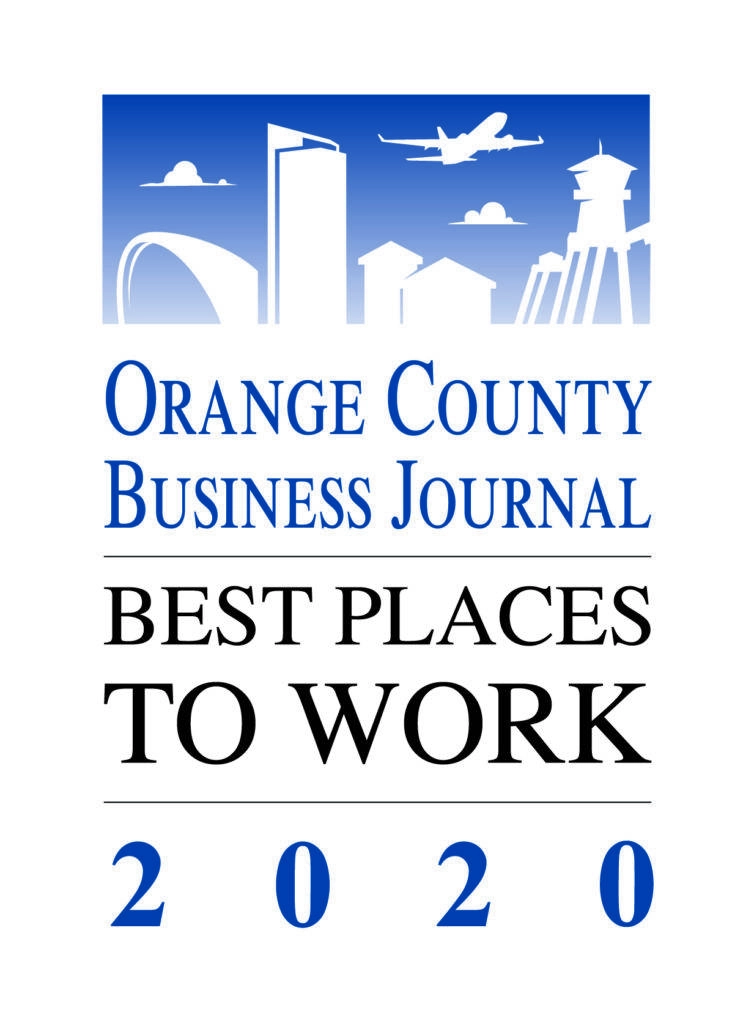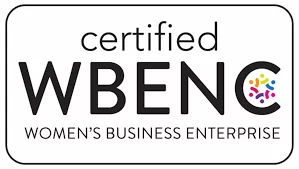There are two common questions asked in nearly all job interviews: “Why do you want to work here?” and “Why are you leaving your job?”
For many Accounting and Finance professionals, the latter can be challenging to plan for and uncomfortable to discuss. Check out our recent article for tips on how to craft a tactful response that will put you ahead of other applicants. But don’t be fooled into thinking that explaining why you want to work for a specific company is any easier to convey. Employers are particularly focused on this question in today’s hyper competitive job market. They want to ensure a new hire is serious about the position and committed to growing with the organization in the long term. So your response should be researched, planned, and rehearsed.
The most important aspect to focus on is communicating the skills, expertise, and experience that you have and how you believe those will fit well in their environment. It not only tells the company why you want to join their team, but also emphasizes why they should want you. Here are a few dos and don’ts to help you prepare for this question.
Do emphasize your passion for the employer’s products/services, mission, and culture.
Most of this information can be found on the company’s website or LinkedIn page, in a Google search, or on social profiles. Employers want to know that you support and advocate for their mission, vision, and brand. Reflect on your personal and professional goals, passions, and interests, and be prepared to explain how they align with the company’s identity and ethos.
Consider tailoring your response with these lead-ins:
- “X is very important to me because I strongly believe Y….”
- “I support X and am passionate about working with a company that embodies the same core values ….”
Do highlight how you can help the organization meet its goals.
Explain how you can contribute to organizational success. In addition to researching company values, culture, and products/ services, study the job description and be prepared to map your skills and expertise to the new roles and responsibilities. It’s also a good idea to look at industry news and any major competitors. Consider what you have to offer and how your skills can make an impact in the current landscape.
Consider tailoring your response with these lead-ins:
- “I see an opportunity to contribute to this forward-thinking company and feel that my experience/skills/expertise in … will help the organization achieve ….”
- “As the company continues to advance X product/service, my expertise in Y can help ….”
The employer is looking for someone who not only fits the role they are interviewing for — but also seeks to continuously develop and succeed to grow with the company. So sharing your ambitions and professional goals is a good way to illustrate your long-term value. However, it’s important to avoid giving the impression that this job is just one step on your career ladder. To avoid this, focus on why you want to progress your career within this company.
Consider tailoring your response with these lead-ins:
- “I’m particularly interested in advancing my skillset in X to help the company grow into Y ….”
- “With the organization’s focus on X, building my expertise in Y can help the company take Z to the next level ….”
Knowing how to formulate the right response to “Why do you want to work here?” is one part of the equation. Knowing what hiring managers don’t want to hear is just as critical. Avoid making some of these comments.
- “I’m overworked in my current role and burnt out.” Accounting and Finance professionals experience a variety of highs and lows throughout their careers, including the predictability of workload challenges during recurring busy periods. In these times, it’s common to feel increased stress and exhaustion with the pressure to meet constant deadlines. But burnout can occur when boundaries erode between work and personal life. So simply jumping ship to a new employer will not fix this problem. This could signal that you are challenged in setting work-life boundaries (and don’t know how to ask for help) and may not stick around during stressful high-volume periods in the new company.
- “You offer better pay and benefits.” While this might be an important factor in considering a new position, it should not be your driving reason nor stated as the impetus for applying. Hiring managers want to recruit people who are passionate and motivated by the company culture, ethos and products/services — not money.
- “I want to work remotely.” There are perks in hybrid and remote work, but again, this should not be the primary motivator for seeking a new job. It may sound off-putting to hiring managers and indicate that a candidate prioritizes personal benefits over organizational success. Recruiters want to hear that you are interested in the job for other reasons related to company goals and growth. They also don’t want to hear a potential employee disparage the benefits of in-office time.
Before your next interview research, plan, and rehearse your response to “Why do you want to work here.” And remember, the best answer showcases why they should want you rather than why you want them.
Preparing for your next interview or looking for new work? Alliance Resource Group can help!
Related Articles
PLAN CAREER TRANSITIONS WITH INTENT
BUILDING YOUR PROFESSIONAL BRAND ON LINKEDIN
SUPERCHARGE YOUR CAREER WITH 2023 GOAL SETTING





